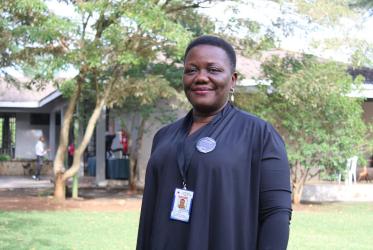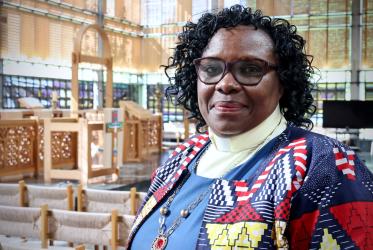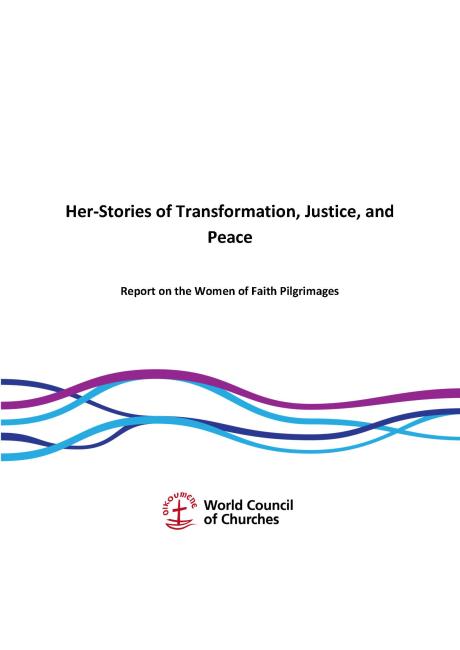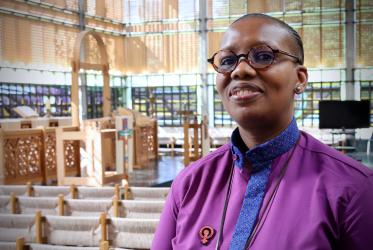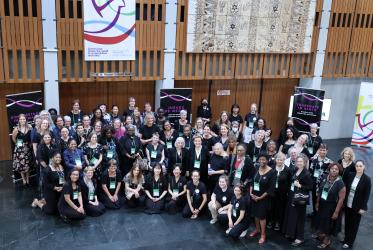Displaying 61 - 80 of 176
08 September 2022
#ThursdaysinBlack: Stories flow from the Waterfall Tapestry
01 September 2022
Strengthening Christian Perspectives on Human Dignity and Human Rights
Perspectives from an International Consultative Process
19 August 2022
Cooler Earth - Higher Benefits (Third Edition)
Actions by those who care about children, climate, and finance
16 August 2022
Water and justice at the WCC 11th Assembly
20 July 2022
Her-Stories of Transformation, Justice, and Peace PJP Series
Report on the Women of Faith Pilgrimages
11 July 2022
Called to Transformation - Ecumenical Diakonia
09 June 2022



